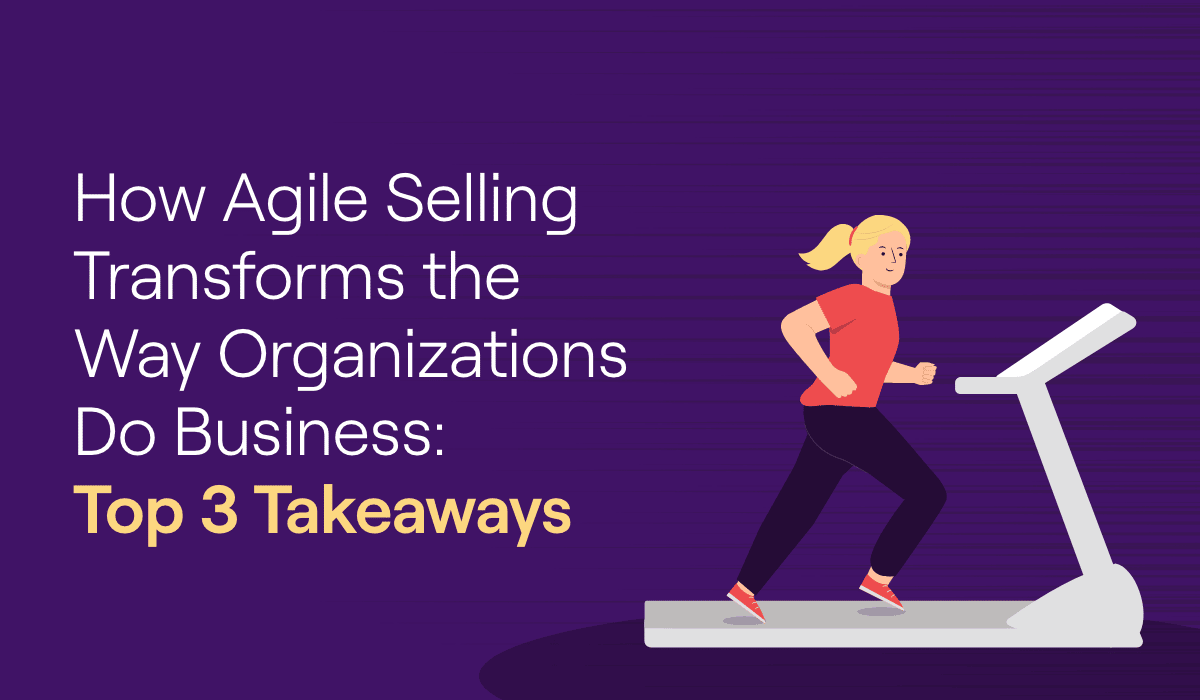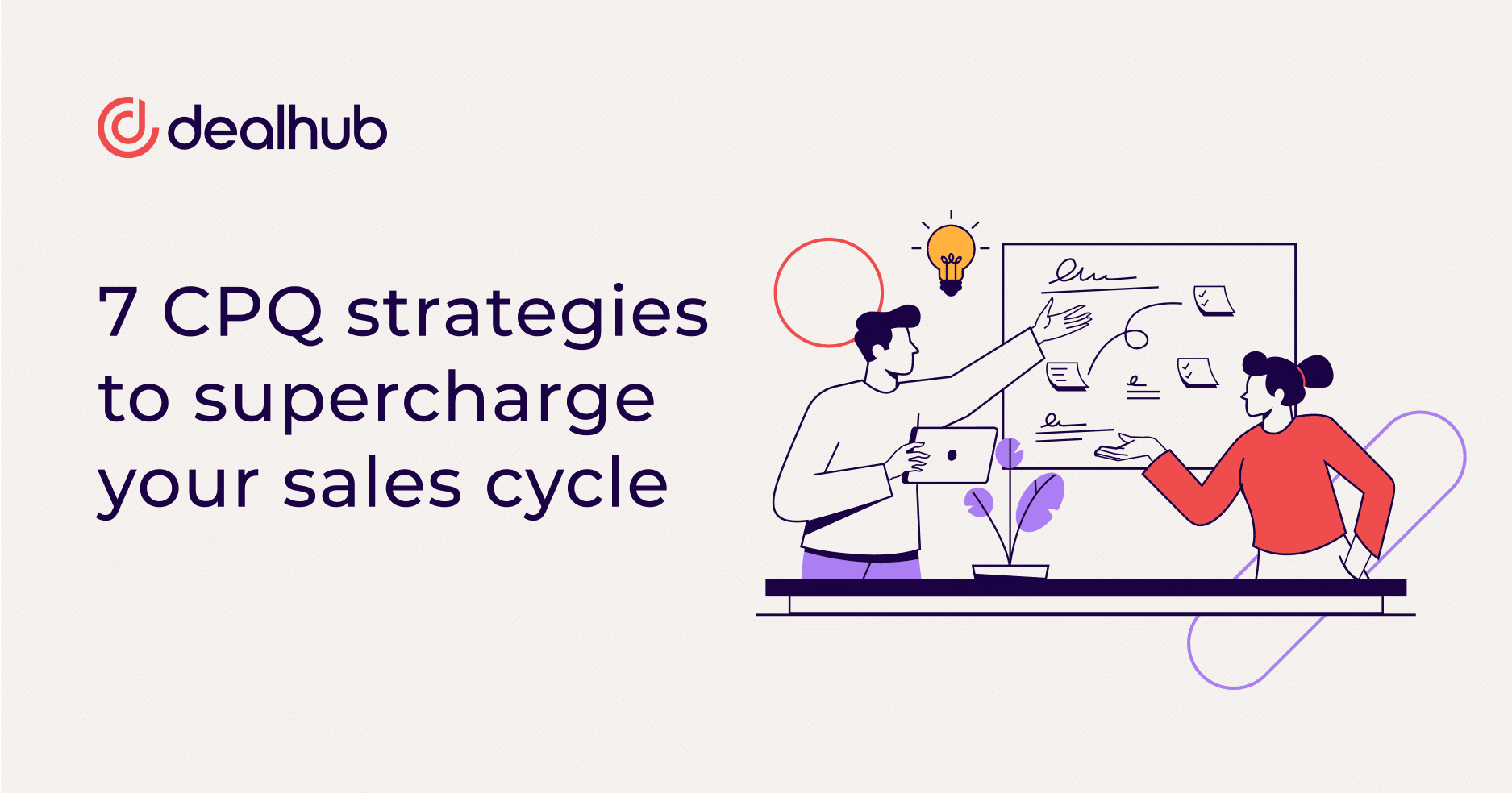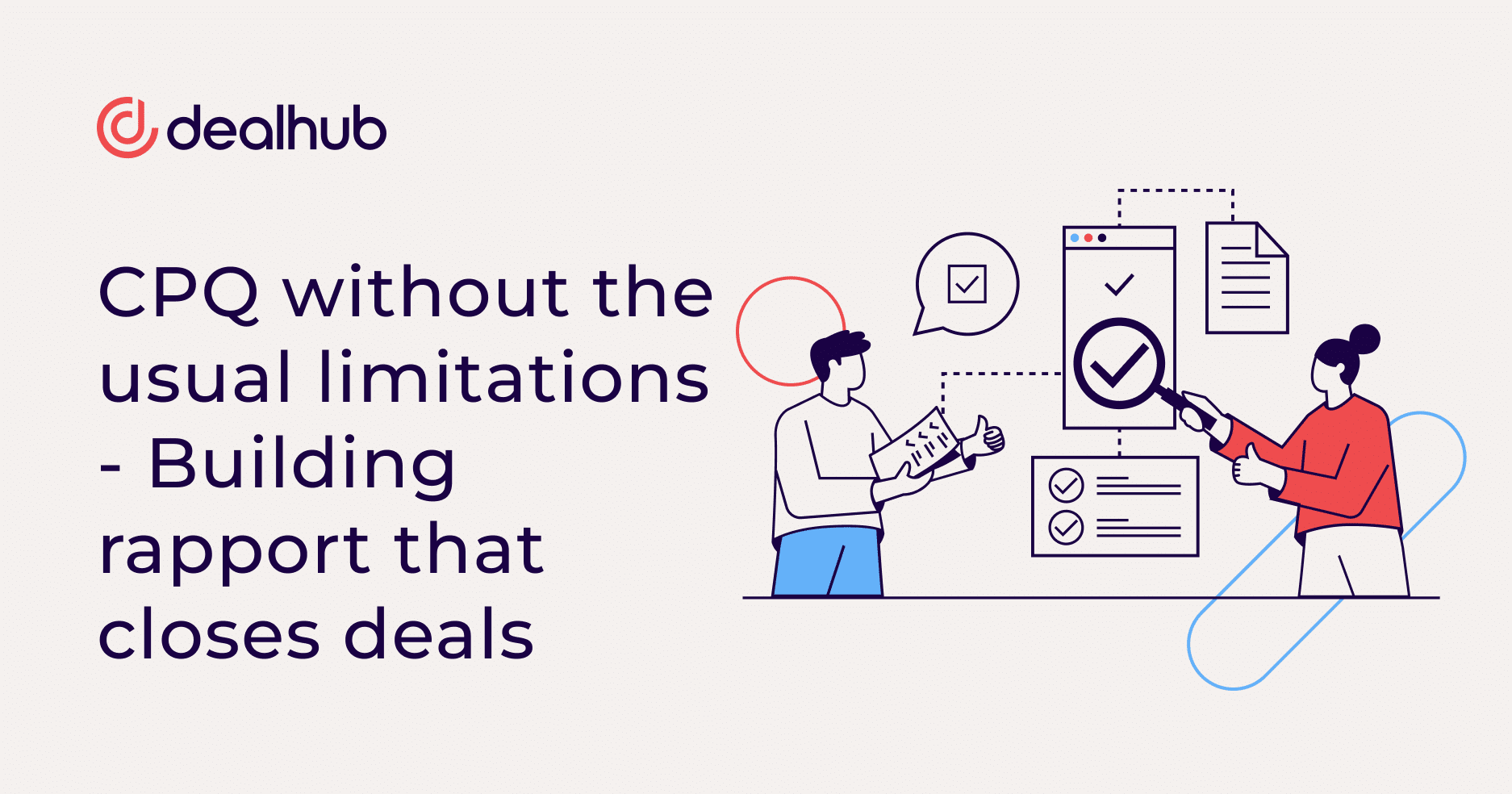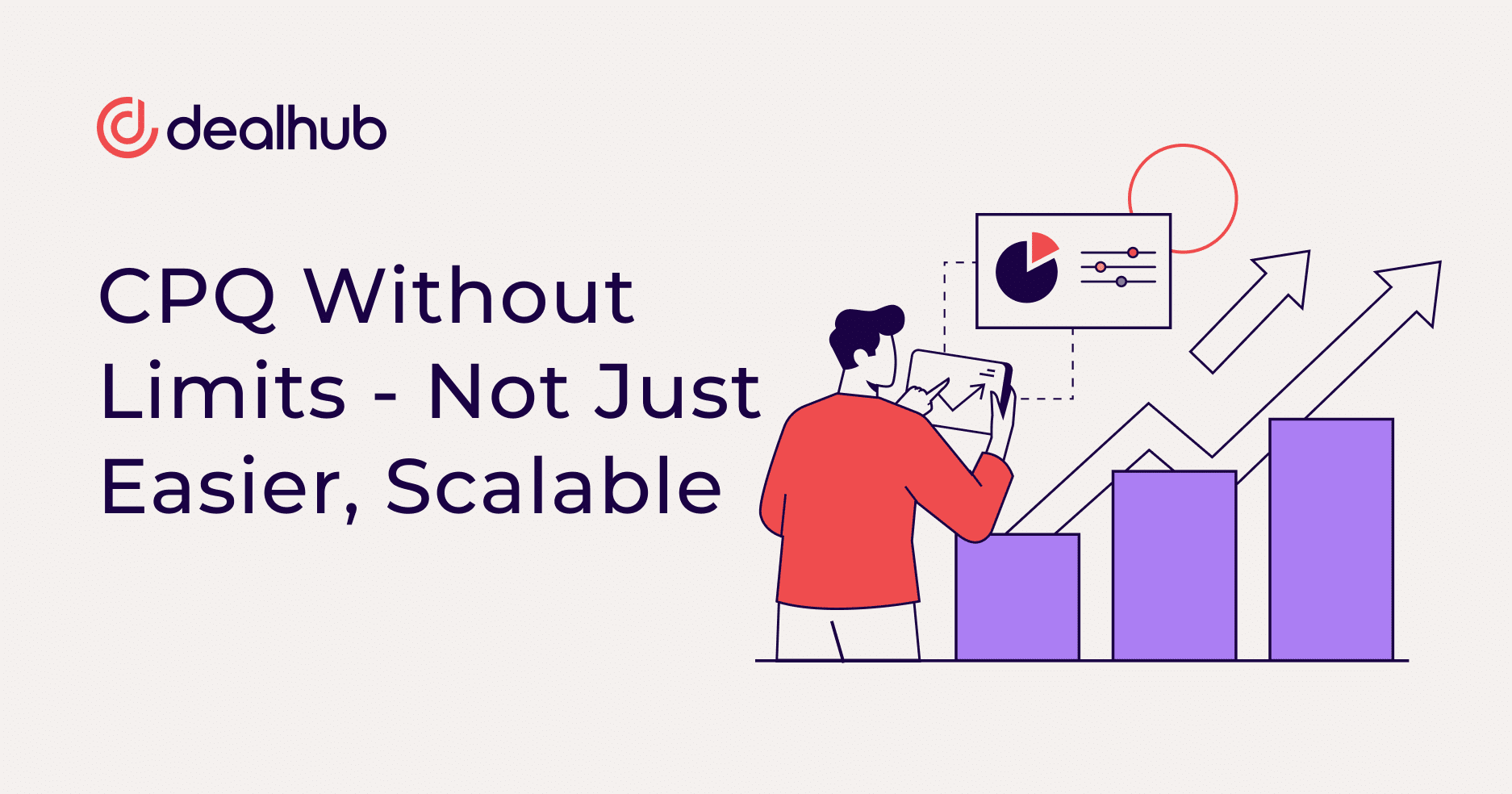We’re excited to share with you the top three takeaways from that insightful event.
- Adopting Digital Selling Processes
Over the last few years, sales processes have changed considerably. Escalated by the global pandemic, customers’ buying decisions have become more complex, encouraging forward-thinking companies to remodel their sales processes and the way they manage opportunities. One of the best ways they’re doing this is by implementing advanced CRM and CPQ solutions to personalize, automate, and digitize sales interactions.
While digital transformation has boosted innovation, many organizations still sell the way they did 20 years ago. Sales leaders who haven’t embraced the change, or have fallen short of understanding the new buyer-seller market are losing both sales and customers.
A seamless digitalized sales approach can make all the difference when closing deals. Most significantly, the ability to interact with buyers digitally has become a must, as has creating a customer experience that fits buyers’ expectations.
DealHub’s CPQ streamlines the quote-to-cash process, empowering deal stakeholders to collaborate within one digital DealRoom, where all agreements, legal documents, and other deal-related materials can be accessed. Digital Dealrooms transform the buyer-seller interaction, generating efficient, collaborative and transparent workflows. DealRooms enable easily traced contract versions and revisions, redlines management, and e-signing capabilities that drive the sales process faster.
Both sellers and buyers crave more innovative tools and seamless processes. They also want agility. This shift has created a richer, more dynamic, and engaging experience for all stakeholders.
- Embracing Innovation
Traditionally, B2B organizations have been resistant to change, leading to shortfalls in creating buying experiences that fit customer behavior, preferences, and expectations.
One factor contributing to that resistance is the top-down control of application selection by IT departments. Now that all applications and tech solutions, including ERP, are widely available in the cloud, they’ve become much more accessible and can be fully integrated, making acquiring tech solutions a joint business decision, rather than just a technical one. According to Cloud Adoption Statistics for 2022, 94% of enterprises already use a cloud service with an estimated 30% of all IT budgets allocated to cloud computing. ERP for those that have stayed on-premise, are still seeing themselves at the mercy of ransomware almost weekly, and are looking to get to the cloud as soon as they can.
- Leaving Legacy Selling Behind
For many sales organizations, the undertaking of moving processes along and building leanworkflows has been a big challenge. Some organizations tend to follow a sales process without sufficient thought of the buyer’s journey.
Today’s sales environment requires that salespeople take a closer look at where the customer is positioned and meet them where they are in their journey. This goes for the tools being used in the journey, too.
Sales success and sales efficiency are intertwined. Sales processes require flexibility and personalization. There’s no one-size-fits-all approach. Organizations are urged to prioritize empowering their sales teams with the tools they need to do the job of selling better.
This applies to content types, as well. There are so many routes to the customer that it can be very overwhelming for them at times. This is especially so over the last three years when everything has been via email or chat. So, having that one path where the customer can get to is crucial.
DealHub delivers one fluid sales motion via its Agile CPQ, a unified end-to-end platform from price quotes, to contracts, subscription management, and renewal, centralizing buyer communications, and workflows needed to close deals.
Along with insights and guidance, visibility is end-to-end, removing the challenge of having to figure out the multiple routes taken to get to the customer.
Adding this value to sales systems helps fast-track change for both selling teams and the customers they serve.
Looking to The Future Of B2B Selling
For the past 20 years, those working in sales have dreamed of having a centralized location for all activities in the deal-making process with a full 360° degree view. Now that this is a reality, a new challenge has arisen, information overload.
Organizations, sales professionals, and customers alike want contextual information based on the things that they’re trying to do, and they want insights about the things that they’re wanting to do. But this most often ends up looking like an unmanageable, untrackable, and unwieldy sales stack.
DealHub is leading the way in creating modern solutions for a seamless sales stack experience. Although it offersmultiple capabilities, to the user it doesn’t look like you’re using disparate systems whatsoever. From prospecting to organizing sales pipeline, each process is actionable and easy to manage without the frustration often experienced with complex selling.
B2B selling is predicted to grow exponentially with technology, talent, and transparency fused into B2B sales in order to answer the expectations and pain points of buyers and sellers.
Embracing pricing digital transformation is key to keeping ahead in the future selling landscape.
To watch the full expert panel, The Future of Agile Selling with DealHub and Dynamics 365 click here!








